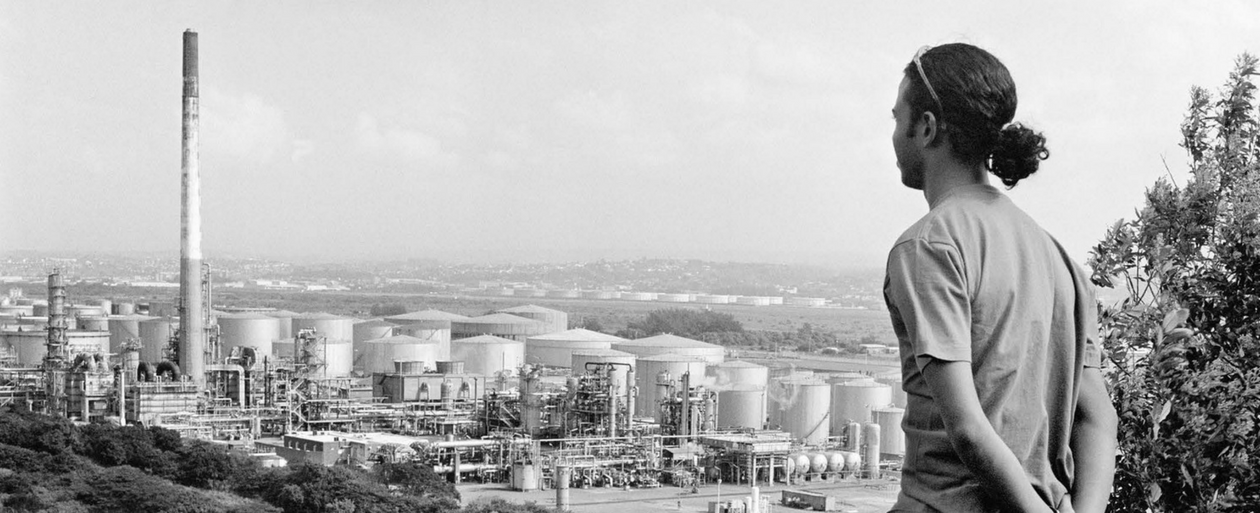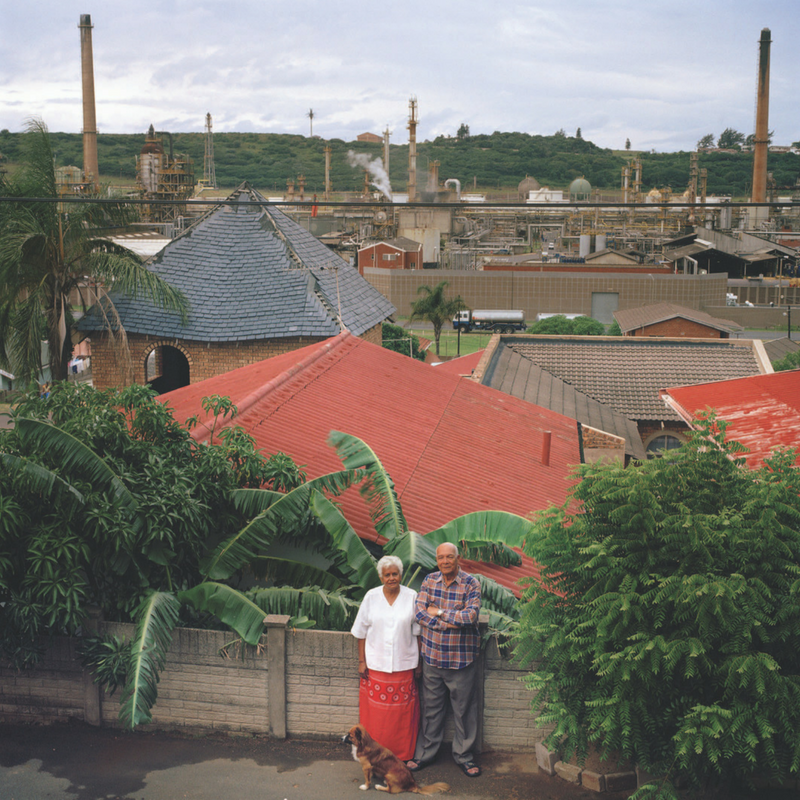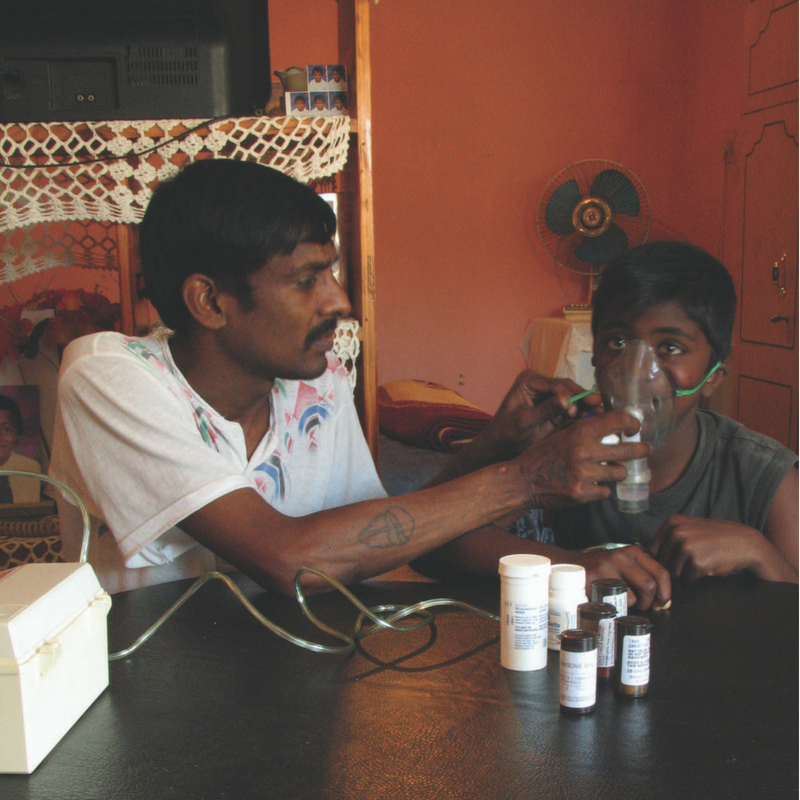By Alex Grossman, Director of Communications

“Today, too much research is done from a distance, so that peoples’ agency and authority are taken away and placed in outsiders’ hands and control. This is the mistake of history: that it is often the story of the victor, not of the vanquished.” Bobby Peek, Director of groundWork, advisor on Global Greengrants Southern Africa Advisory Board, and Global Greengrants Fund Board Member
When you see photographs of Durban, South Africa they are often images of beaches, cityscapes, safari wildlife, and glistening blue ocean. But these photographs don’t capture the full story of what Durban is today.
Today, many of those who call South Durban home live alongside petro-chemical plants and industrial production facilities which pollute their air, water, and lives with toxic and harmful chemicals. In the working-class neighborhoods of Wentworth, Merebank, and Lamontville, there is a Durban different from the city you see on tourist brochures, a Durban where for over 20 years the local people have been rising up in resistance to environmental injustice.
Historian Marijka du Tiot and photographer Jenny Gordon set out to visually tell the story of life in the shadow of pollution, and share environmental portraits of the relationship between people and their neighborhoods. The University of KwaZulu-Natal Press used a $5,000 grant from Global Greengrants Fund to subsidize the printing costs of Breathing Spaces: Environmental Portraits of South Durban, the book du Tiot and Gordon put together about environmental justice in Durban, South Africa. By producing the book at a lower cost, the book will also be sold at a lower cost, making it an easily accessible source of Durban’s industrial, social, and environmental history, encouraging broader conversation on environmental justice in Durban and beyond.
Breathing Spaces visually captures daily life in neighborhoods that stand as relics to apartheid-era planning and the impacts of pollution perpetrated by South African industries and transnational petrochemical corporations.

Henry and Nola
Through the photographs and interviews with the locals, we learn of widespread cases of asthma, autoimmune hepatitis, and other damaging health impacts from the proximity of oil refineries and chemical production factories to the homes and communities. The above photo is of Henry and Nola Adams who stand in front of their home directly across from the Engen oil refinery in Wentworth.

Velayadam and his son
Asthma, and deaths from asthma are very common in the towns due to widespread air pollution from the local factories. Above, Mr. A. Velayadam sits with his son Stefan, a nebulizer, and all their asthma medication. Mr. Velayadam died of an asthma attack in 2004.
A neighbor, Mrs. V. Perumal commented, ‘Stefan’s dad used to go fishing when he wasn’t very ill. And Stefan loves fishing as well. But who will take him now? I remember him always holding his father by the neck and playing with him and his father would be so sick and he’d say, no Stefan, don’t do that, and Stefan would say no, I want to play with you. But he’s going to miss all that.’
The photos and interviews through Breathing Spaces add a personal element to the story of South Durban that many other books and written accounts miss. Throughout the book, the reader is able to connect with those whose lives are impacted daily by the toxic pollution in their backyard.
“Breathing Spaces” pulls at your heartstrings, and gives voice to those on the other side of Durban’s story. Most important, those in the towns of Wentworth, Merebank, and Lamontville aren’t alone in their struggle. There are cases around the world of communities regularly impacted by pollution caused by large-scale corporations, mining projects, toxic chemicals, and oil extraction.
Global Greengrants Fund works with people like Henry and Nola Adams, Mr. A. Velayadam, and Mrs. V. Perumal to provide them with the resources they need to resist and bring about positive change. Grants like the one that helped fund the production of this book bring attention to the environmental problems and injustices plaguing innocent people in Durban and beyond, leading to solutions that improve the lives of people around the world and protect the planet and resources we all depend on.
You can find Breathing Spaces online for purchase here.
To read Part 1 and Part 2 of our series on toxics and pollution in Durban, South Africa, click here and here.
